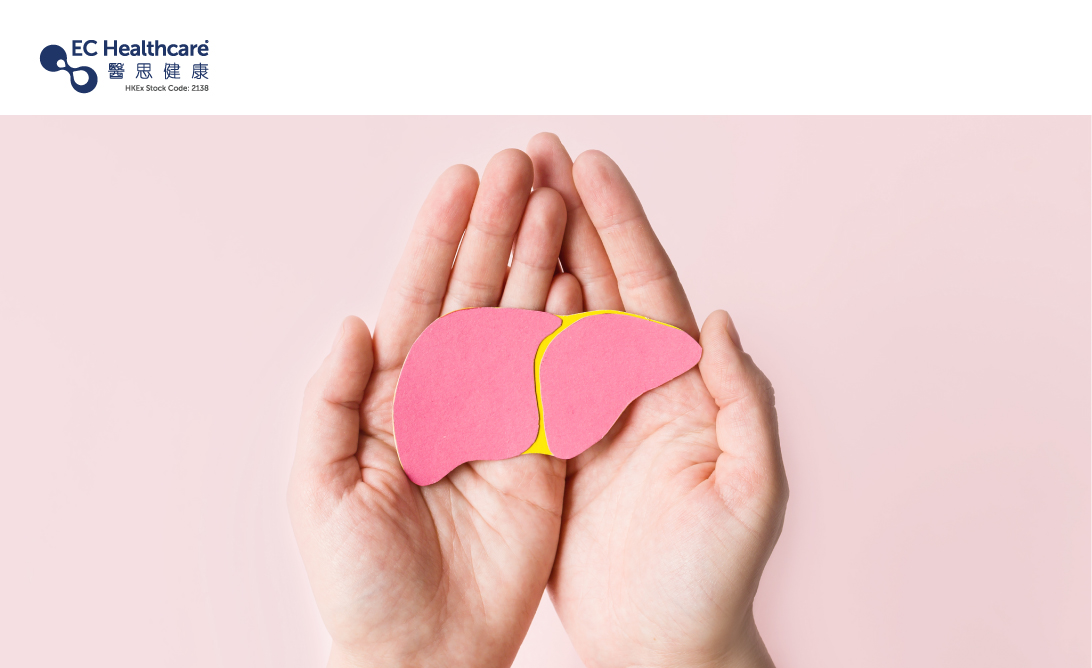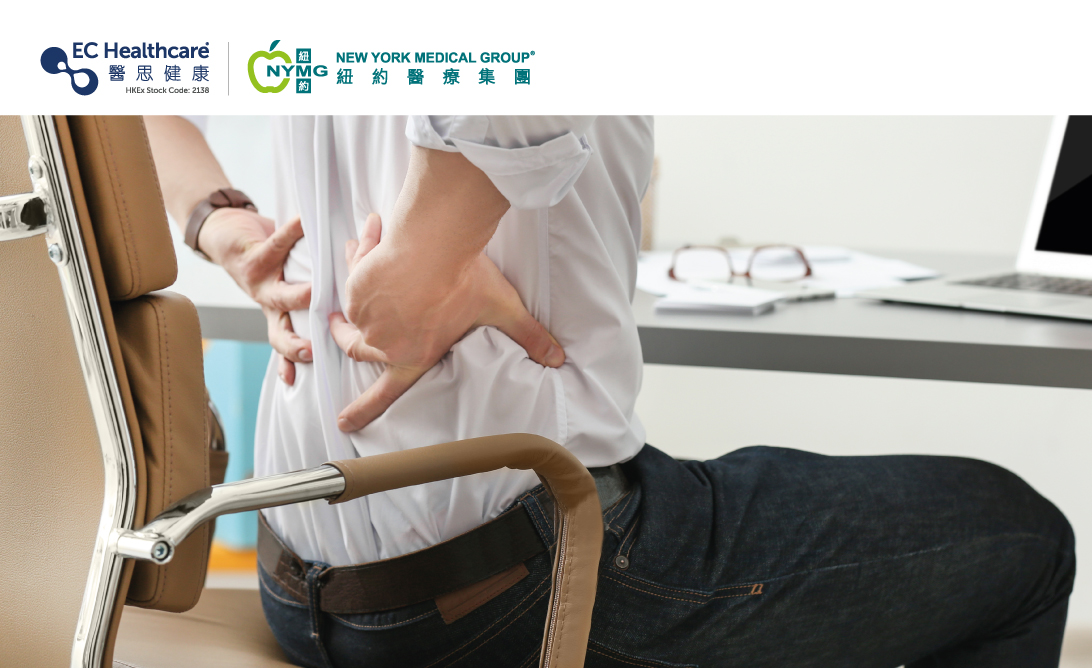Health Pulses: 18th March the National Protect Liver Day


Yesterday (March 18th) was the 23rd "National Protect Liver Day" with the theme "Proactive Testing, Extensive Treatment, Eliminating Hepatitis B Hazards," aimed at increasing public awareness of liver diseases. We have invited Dr Navin Sakhrani, a specialist in gastroenterology and hepatology, to share information about the liver.
Q: First of all, could you explain the function of the liver?
A: As one of the vital organs in the human body, the liver works as a sophisticated factory responsible for various tasks to maintain normal body function. For example, when we eat, the liver produces bile, which is released into the duodenum through the bile duct to aid in digestion. Additionally, the liver metabolizes, stores, and processes the nutrients absorbed by the intestines. Excess glucose is converted into glycogen for storage, which can be converted back into glucose when hungry to meet the body's needs.
The liver also produces different proteins such as albumin and fibrinogen. Albumin functions to maintain plasma oncotic pressure, hence regulating the body's water balance. When albumin levels are low, it can lead to edema. Albumin also binds with molecules such as calcium, zinc, fatty acids, enzymes, and hormones in the blood, assisting in their transportation to various parts of the body. On the other hand, fibrinogen is an essential component for blood clotting and the wound-healing process.
Another crucial function of the liver is detoxification. Taking alcohol (ethanol) as an example, after absorption in the stomach and small intestine, it passes through the liver, where liver enzymes break it down into acetaldehyde, which is then converted into acetic acid and ultimately broken down into carbon dioxide and water, which are excreted from the body. Over 80% of clinical drugs (such as painkillers) are also metabolized and broken down by the liver, and subsequently eliminated from the body through urine or feces.
Q: What diseases can arise if there are problems with the liver?
A: Liver problems can be categorized into acute hepatitis, chronic hepatitis, liver failure, and complications of cirrhosis. These issues can be caused by viral hepatitis, alcoholic fatty liver disease, or autoimmune disorders.
Q: Which liver diseases are irreversible, and which are reversible?
A: Acute hepatitis, if treated appropriately and does not lead to fatal liver failure, can often be reversed. For chronic hepatitis, if it has not progressed to end-stage cirrhosis and the underlying cause of hepatitis is properly treated (such as timely antiviral medication for hepatitis B patients or quitting alcohol for individuals with alcoholic fatty liver), cirrhosis or significant fibrosis can be reversed. However, it is important to note that reversal is not always possible, and the extent of reversal may vary depending on the underlying cause.
Q: What is the most common liver disease in Hong Kong? In which age group does it primarily occur?
A: The most common liver problem in Hong Kong is chronic hepatitis, which primarily occurs in middle-aged men over 30 years old, as all newborns in Hong Kong have received hepatitis B vaccination since 1988, greatly reducing the chances of maternal transmission.
Q: What are the symptoms of liver diseases? Many people say that when the liver has issues, the skin turns yellow. Is that true?
A: In the case of acute hepatitis, common symptoms include fatigue, loss of appetite, nausea and vomiting, while some patients may also experience upper abdominal discomfort. In severe cases, urine may become dark in color, the whites of the eyes may turn yellow, and the skin may become yellowish due to elevated bilirubin levels. In the case of chronic hepatitis, symptoms are generally not very noticeable. A small number of patients may experience loss of appetite and fatigue. When the condition worsens to the stage of cirrhosis, symptoms such as abdominal distension due to ascites, body swelling, easy bruising, and in severe cases, esophageal bleeding or hepatic encephalopathy may occur.
Q: Online information often says that 11 p.m. is the time for liver detoxification. Is this true? Does the liver have resting time?
A: This is mainly a viewpoint from traditional Chinese medicine. From the perspective of Western medicine, the liver detoxifies throughout the day. However, we also agree on the importance of sleep for liver health, especially as sleep deprivation can affect the body's hormones, and hormonal imbalance can impact liver health. Some studies have also pointed out that insufficient sleep particularly affects alcoholic and non-alcoholic fatty liver diseases.
Q: From a Western medicine perspective, how can we protect our liver health?
A: We can protect our liver through various methods, including prevention, early detection, and proactive treatment.
- Prevention: Avoid excessive alcohol consumption, receive hepatitis B vaccination, avoid unnecessary medication and over-the-counter drugs, and avoid engaging in high-risk behaviors that can lead to viral infections (such as unsafe sexual practices, needle sharing, etc.).
- Early detection: All Asian adults should be tested for hepatitis B, and individuals at high risk for hepatitis C should undergo hepatitis C testing as well.
- Proactive treatment: Patients should consult their doctors for targeted treatment based on the cause of hepatitis.









